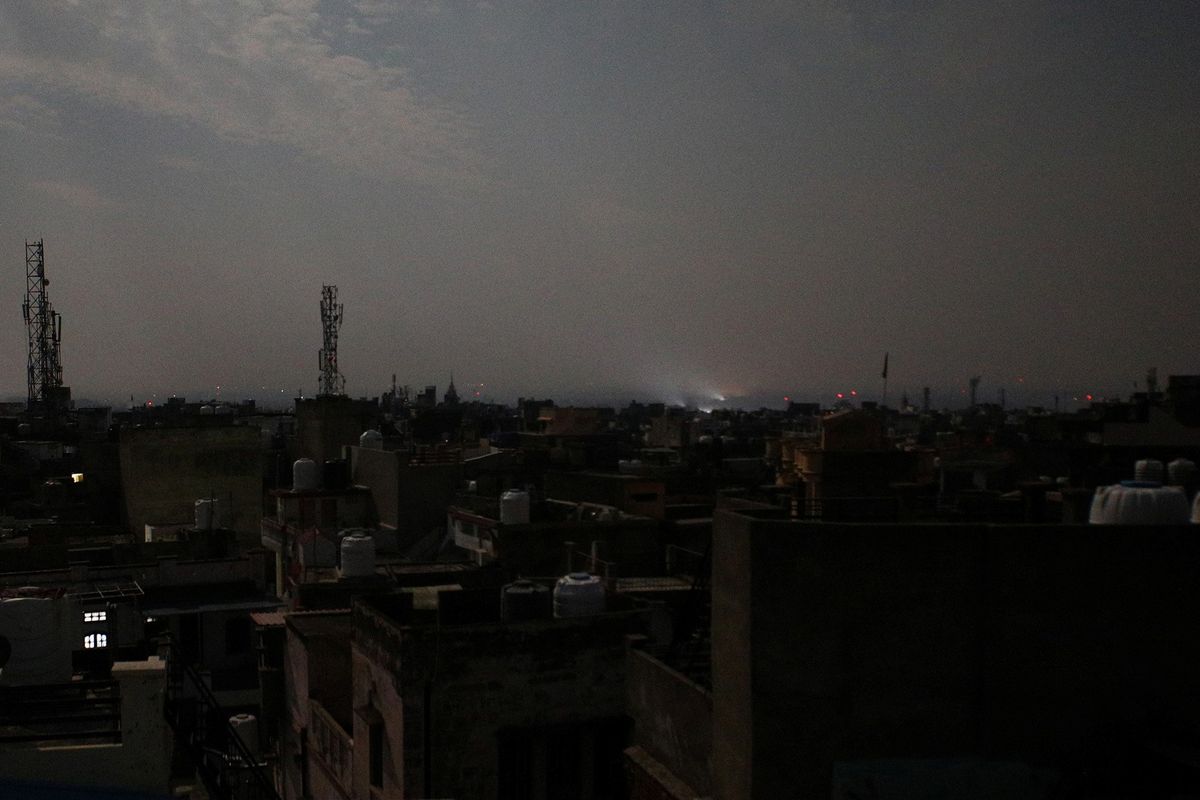UK Supreme Court says 'woman' refers to biological sex under equality laws
The top court rules on whether a trans woman with a Gender Recognition Certificate is protected as a woman under the Equality Act.

A police officer stands outside the Supreme Court in Parliament Square, central London, Britain, January 24, 2017.
File/Reuters
The United Kingdom's top court on Wednesday upheld an appeal by a campaign group on whether transgender women are legally women under equality legislation, ruling that the law referred to a "biological woman and biological sex".
The Supreme Court's judgment related to whether a trans woman with a gender recognition certificate (GRC), a formal document which gives legal recognition of someone's new gender, is protected from discrimination as a woman under Britain's Equality Act.
Campaign group For Women Scotland (FWS) had argued those rights should only apply based on a person's biological sex, and had challenged guidance issued by the devolved Scottish government over a 2018 law that was designed to increase the proportion of women on public sector boards.
Scottish ministers' guidance on that law stated that a trans woman with a full GRC was legally a woman.
"The terms women and sex in the Equality Act 2010 refer to a biological woman and biological sex, but we counsel against reading this judgment as a triumph for one or more groups in our society at the expense of another - it is not," Patrick Hodge, Deputy President of the Supreme Court.
'Enjoy protections'
FWS brought the appeal to the Supreme Court in November, after first launching a legal challenge against Scottish legislation seven years ago aimed at hiring more women in public sector bodies.
That law considered women to include trans women with a GRC under the 2004 Gender Recognition Act.
Under that act, a GRC allows trans people to legally change their gender to identify as a man or a woman.
FWS unsuccessfully challenged Edinburgh's definition, with a Scottish judicial review concluding in 2022 that sex was "not limited to biological or birth sex".
A lawyer representing the Scottish government told the Supreme Court in November that a person who becomes a woman "in consequence of a GRC" is entitled to the same rights "just as much as others enjoy those protections who are recorded as a woman at birth".
Comparing a GRC to adoption, senior lawyer Ruth Crawford argued that the certificate is "no more a legal fiction than adoption".
Aidan O'Neill, representing FWS in the appeal, asked the court to take account of "the facts of biological reality rather than the fantasies of legal fiction".
O'Neill added that the Scottish ministers' approach would lead to "absurd and unjust consequences".
According to Crawford, just under 8,500 people in the UK had obtained a GRC for sex change since the 2004 act – an average of 420 people a year.
"Harry Potter" author J. K. Rowling, who lives in Scotland, has become a figurehead of the gender critical side, and subject to both online hate and accusations of transphobia.
Since retaking office, Trump has declared the federal government would recognise only two sexes, male and female, sought to bar trans athletes from women's sports and curbed treatments for trans children.
Popular
Spotlight
More from World
Fresh Pakistani drone attacks in Indian Kashmir: source
An Indian defense source confirmed the attacks, with drones sighted in Jammu, Samba, and Pathankot, being engaged by Indian forces













Comments
See what people are discussing